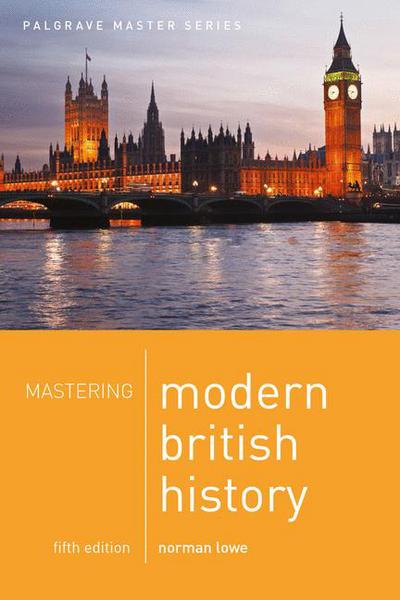


Are you sure you want to reset the form?
Your mail has been sent successfully
Are you sure you want to remove the alert?
Your session is about to expire! You will be signed out in
Do you wish to stay signed in?
David Cameron and the Coaltion Government
Study the sources below and then answer the questions that follow.
Source A:
| Journalists Polly Toynbee and David Walker give their verdict on Cameron Asked why he wanted to be prime minister, David Cameron said, ‘Because I thought I’d be good at it’. He wasn’t. He bears direct and personal responsibility for (nearly) breaking up the UK, because of who he is and the policies he pursued as prime minister. With chillaxed nonchalance, what his government did on tax, spend and benefits, and housing, health and education, prised further apart region, class, generation, gender and race, driving deeper wedges between town and country, old and young, deserving and undeserving, lucky and unlucky, left and right. And, as it turned out, between the nations that make up the UK....Labour had taken a million children out of poverty. That progress has now gone into reverse. Source: Toynbee & Walker, Cameron's Coup (Guardian Books, 2015) |
Source B:
| Journalist Matthew d’Ancona writes about student fees. Lest there be any doubt, the Lib Dem leader spelt out his position unambiguously: ‘Despite the huge financial strain fees already place on Britain’s young people, it is clear both Labour and Conservatives want to lift the cap on fees.’ He continued: ‘The Liberal Democrats are different. Not only will we oppose any raising of the cap, we will scrap tuition fees for good, including for part-time students’. Source: Matthew d’Ancona, In It Together: the Inside Story of the Coalition Government (Viking, 2015). |
Source C:
| Historians Anthony Seldon and Peter Snowdon assess some of Cameron’s strengths and weaknesses. On the European Union, Cameron should be criticised for arriving in office with little coherent plan beyond a naive aspiration that it must not overshadow his premiership. When he produced the referendum pledge in January 2013, he too often gave the impression that he was reacting to events rather than mastering them...... Cameron’s deficiencies as a long-term, strategic thinker are another criticism, notably in foreign policy. Again and again we see a short-term, reactive premier. But the criticisms should not be overplayed. If Cameron lacked principles, how do we explain his standing by Plan A on the economy, gay marriage and the decision to spend 0.7% of GDP on international development?...He stuck by what he considered the most important factors..... and vindication followed, confounding the opinions of the pollsters, with the party achieving an overall majority [in 2015], its first in 23 years. Source: Seldon & Snowdon, Cameron at 10, 2010-2015 (William Collins, 2015) |
